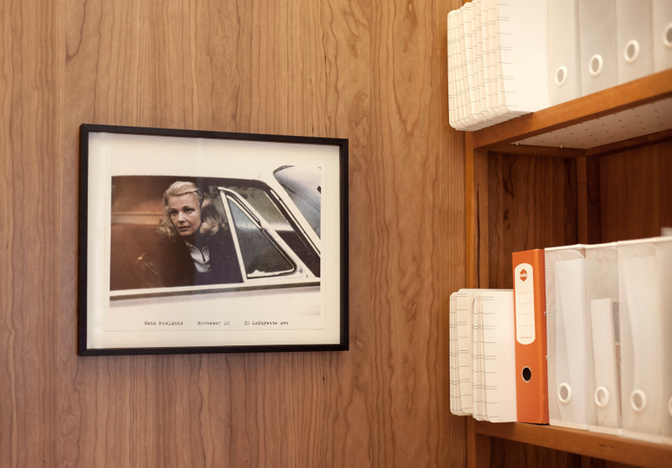We help reduce some of your tax-related pain.

Filing your tax return, or thinking about tax in general, can be a headache. Working as a freelancer makes it even more complicated. To take away some of your pain, we asked Matthew Swannie and Sanyin Geljic of Koustas & Co for some simple, practical financial advice. We sincerely hope it helps.
As a freelancer, you must figure out how much money you’ve earned in the past financial year, declare that figure to the Australian Tax Office, and then claim what work-related expenses the law entitles you to.
Get organised in advance. Keep your invoices and expenses filed and organised so it’s not a scramble at the end of the year, and so you know exactly how much you’ve earned. A great idea for freelancers is to subscribe to the Xero bookkeeping system, which automatically performs a lot of the work that tax agents have had to do in the past.
Create a filing system collecting invoices submitted to clients along with relevant receipts, and a log book that details the business use of your car, mobile phone and internet. If you haven’t kept track, a simple check of bank statements for the past 12 months (ending 30 June 2018) is a good place to start.
You don’t have to. Freelancers, like every other taxpayer, are able to use the ATO’s MyTax do-it-yourself system (which can be accessed via myGov) to declare their income. Depending on the complexity and size of their operation, freelancers may like to defer the responsibility to an expert. That will help reduce the risk of receiving an audit query from the ATO, and will ensure all legally available deductions are claimed.
If you can prove you work from home, freelancers can claim items such as home-office expenses, and a percentage of their rent and bills (calculated with an hourly rate). If the freelancer is considered to be a small business entity (if you make less than two million dollars a year, see the ATO for more details), you have the potential to immediately write-off the complete cost of depreciating assets that are priced at less than $20,000 each.
That means you could potentially claim:
Freelancers are only required to register for GST once their annual income exceeds $75,000. If it does, they need to complete a BAS (Business Activity Statement) monthly, quarterly or annually. Freelancers have to figure out superannuation on their own. You can contribute to your preferred superannuation fund, or set up a self-managed superannuation fund. Consulting a registered tax agent or licensed financial planner before making decisions around superannuation is recommended because there are severe penalties for breaching regulations.
The golden rule is to declare all income earned throughout the year and claim only what the law entitles. The ATO uses data matching to identify taxpayers omitting income from their returns and to select taxpayers for further review. When in doubt, consult the ATO or a Registered Tax Agent. Trust us, you don’t want to be audited.
Note: This above is general advice only. For specific advice seek professional assistance.
Photography: Simon Shiff



